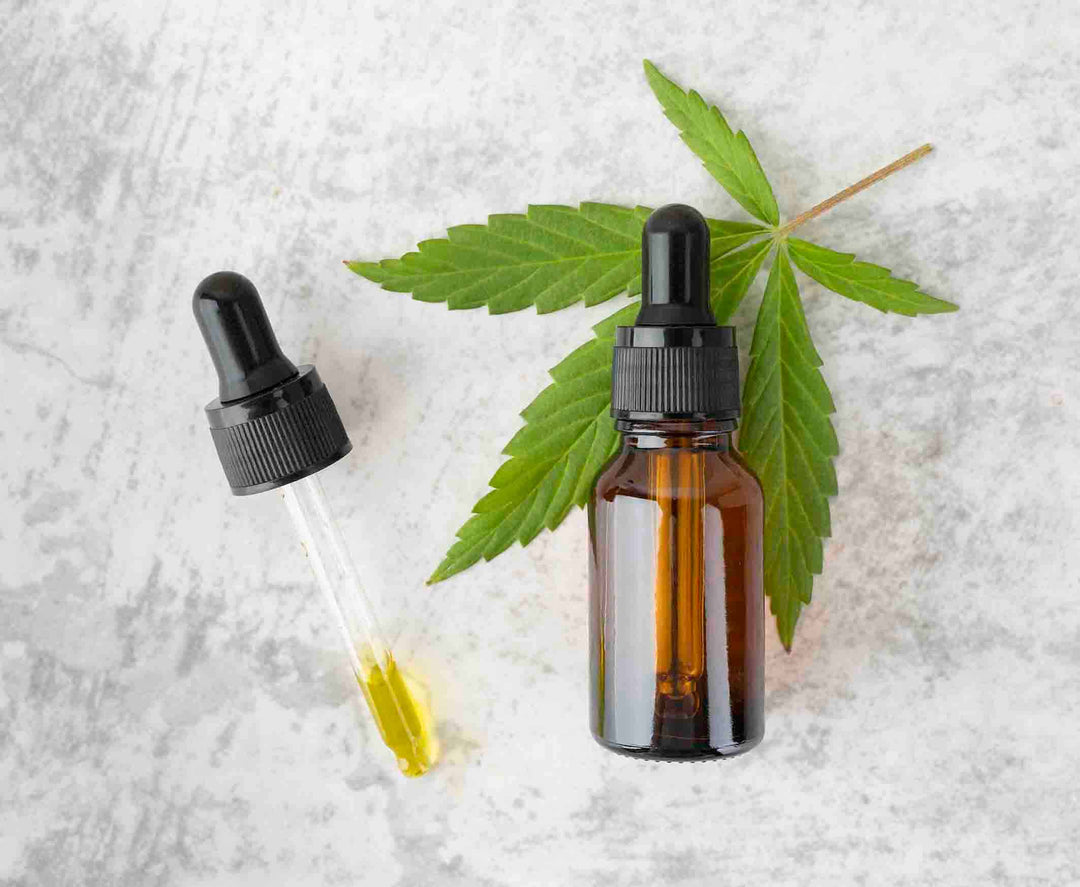Essential Oils Vs Carrier Oils: Understanding The Difference
Although essential oils and carrier oils are called oils, there is a necessary and intrinsic difference between the two. Basically, essential oils are aromatic extracts derived from the aromatic extracts of medicinal or aromatic parts of a plant. On the other hand, carrier oils are lipids squeezed out of a plant's seeds. The purity of essential oil can be judged by the fact that it generally feels very light and non-greasy to the touch and is most likely to evaporate quickly. A carrier oil is usually heavier and oilier and is expected to sit longer on the skin without evaporating.
While the difference between the two is evident, one may wonder why both are called 'oils.'
If we look at the chemistry of the oils, we will be able to understand that the molecules of both oils behave similarly around water. Neither of the oils will dissolve or mix in water and continue to remain separate from it. This means that they act in a non-polar manner near water, which is why they are called oils.
Understanding Essential Oils
Essential oils are obtained in liquid form and carry a peculiar aroma. They are typically extracted from different parts of an aromatic plant, such as seeds, flowers, leaves, wood, needles, cones, resin, and roots. There are many different ways in which we can use essential oils. One of the most popular uses of essential oils is aromatherapy, which involves inhaling an essential oil or applying it on the skin and hair.
You might know about several plants, such as peppermint, basil, lavender, rosemary, and rose. Surely you must be familiar with their aroma. To extract this fragrance from the plants, we use steam distillation which draws out the aroma and transforms it into a visible liquid extract, which we know as an essential oil. Usually, these extracts are very concentrated. It takes almost 100 lbs of plant material to yield not more than 4 to 8 ounces of essential oil. These numbers may be enough to give you an idea about the concentration of essential oils. The resulting oil is 100% pure and authentic if it comprises only the particular molecules produced during the distillation process.
Understanding Carrier oils
Carrier oils are sometimes called vegetable oils and are usually extracted using a cold-pressed method, which extracts oils from seeds, nuts, and whole fruits. They are called carrier oils because they mix and dilute essential oils. Sometimes, carrier oils are mixed with essential oils because, in their absence, they would quickly evaporate without getting absorbed into the skin. Even on their own, carrier oils carry several benefits for the skin and hair. They share a very similar chemistry with our skin, which is also composed of fatty molecules.
However, unlike essential oils, carrier oils must undergo additional processing to be bottled conveniently. Some standard terms you could spot on a bottle of carrier oil that indicate that the oil has been processed are – 'bleached, filtered, cleaned, hulled, tempered, degummed, refined, solvent extracted, winterized' and more. Each such process may be carried out with a different intent and may or may not involve heating the oil. Some of these processes may be essential to clean the parts of the plant before processing them for oil extraction.
Summing Up
Even though carrier and essential oils are quite different, they usually work together to give optimum results. One of the safest ways to use essential oils is by blending them with carrier oils.




This article provides a clear and concise explanation of the distinction between essential oils and carrier oils. It’s important for consumers to understand the difference to make informed choices about their skincare and aromatherapy routines. At EssentialNaturalOils.com, we appreciate the focus on education and transparency in the industry. Visit our website for more info “essentialnaturaloils.com”
Leave a comment